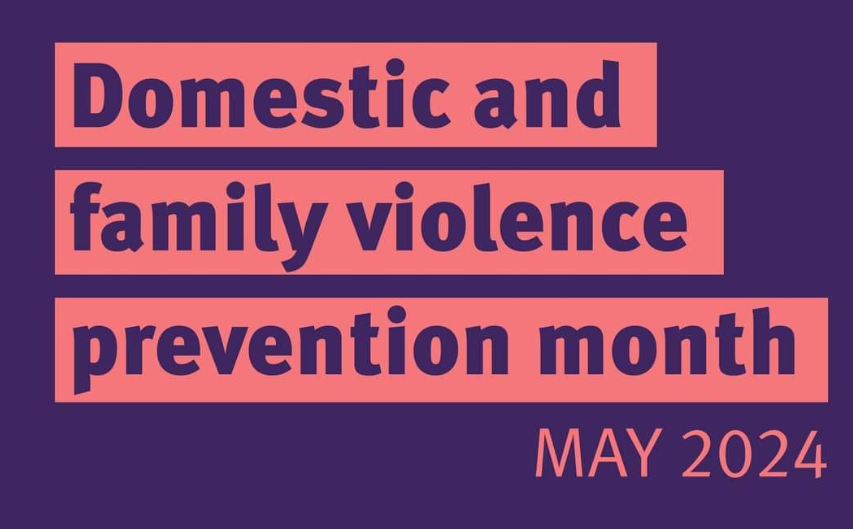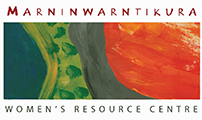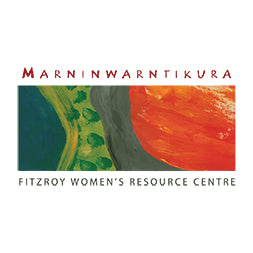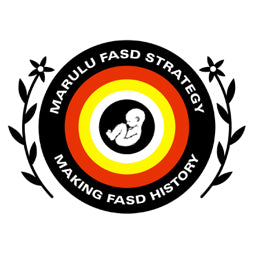MWRC welcomes national response but calls out major gaps

The National Cabinet yesterday announced a significant allocation of $925 million towards domestic and family violence initiatives, recognising the severe crisis facing Australian women. This financial commitment has been welcomed, but there's been a strong call for more focus on community-controlled services, especially those serving First Nations women and children who are disproportionately affected.
Emily Carter AM, CEO of Marninwarntikura Women’s Resource Centre (MWRC), praised the government for responding to the increasing fatalities from gender-based violence this year. However, she stressed that these measures are just the beginning of what needs to be a much larger effort.
"There's a notable gap in funding for First Nations-led Family Violence Prevention and Legal Services (FVPLSs), which have been delivering impactful results for communities across Australia for over two decades," Ms Carter said. She highlighted that despite the chronic underfunding and lack of resources, these services have been pivotal in supporting communities that are overrepresented in domestic violence statistics.
Ms Carter also pointed out the alarming rates of violence faced by Aboriginal and Torres Strait Islander women, who are 35 times more likely to be victims of domestic violence and seven times more likely to be victims of domestic homicide compared to other Australian women. She called for a proactive, knowledgeable approach to tackle these issues effectively.
"It's high time we invest properly in community-controlled organisations. They are already making a difference on the ground with proven track records in early intervention, prevention, crisis management, and recovery services," she added. Ms Carter emphasised that her organisation is always ready to engage with the government to find and implement solutions that address these critical issues.
Ms Carter reflected that while the government’s announcement had touched on some key issues, it did not address others - such as the roles of alcohol, drugs, gambling, and the way the judicial system treats perpetrators who breach bail/restraining order conditions.
FVPLSs continue to provide indispensable frontline legal and support services to Aboriginal and Torres Strait Islander victims/survivors of family violence, including intervention orders, victims of crime assistance, child protection, and family law.
- Marnin Admin









